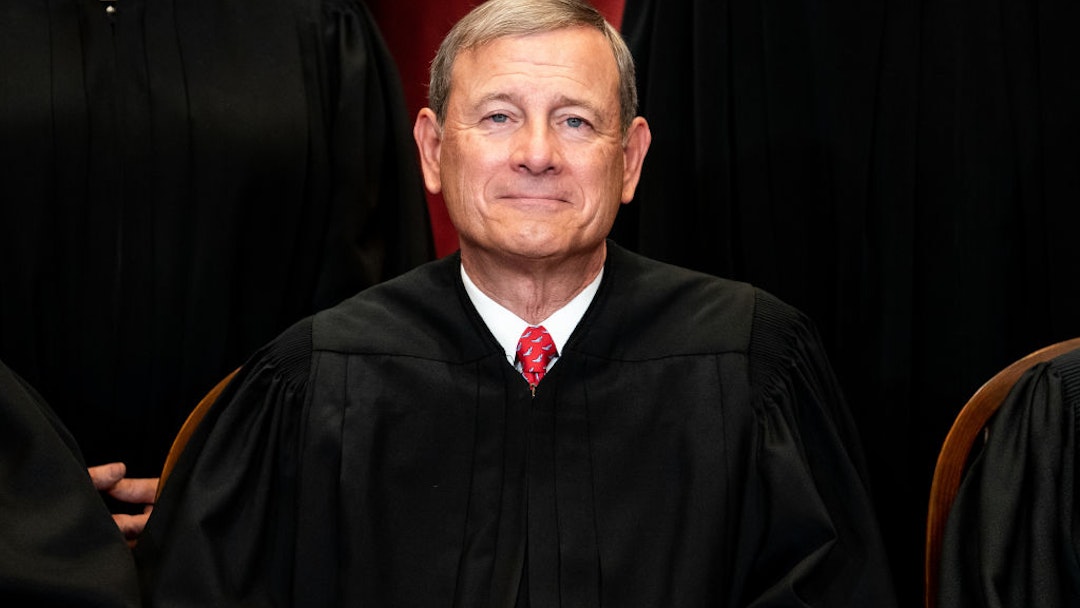Chief Justice Roberts Accuses Liberal Justices Of Power Grab In Affirmative Action Opinion
 By Virginia Kruta
By Virginia Kruta Chief Justice John Roberts delivered a scathing response to the liberal justices in Thursday’s Affirmative Action decision, accusing them of burying a power grab in the dissents penned by Justices Sonia Sotomayor and Ketanji Brown Jackson, with Justice Elena Kagan concurring.
Roberts addressed the dissent on page 46 of his opinion, saying that the Justices had divorced the case from the context in a concerted effort to make the Court the arbiter of which race[s] were entitled to preferential treatment.
“The principal dissent wrenches our case law from its context, going to lengths to ignore the parts of that law it does not like. The serious reservations that Bakke, Grutter, and Fisher had about racial preferences go unrecognized,” Roberts began. “The unambiguous requirements of the Equal Protection Clause — ‘the most rigid,’ ‘searching’ scrutiny it entails — go without note.”
“And the repeated demands that race-based admissions programs must end go overlooked — contorted, worse still, into a demand that such programs never stop,” Roberts continued. “Most troubling of all is what the dissent must make these omissions to defend: a judiciary that picks winners and losers based on the color of their skin. While the dissent would certainly not permit university programs that discriminated against black and Latino applicants, it is perfectly willing to let the programs here continue. In its view, this Court is supposed to tell state actors when they have picked the right races to benefit. Separate but equal is ‘inherently unequal,’ said Brown. 347 U. S., at 495 (emphasis added). It depends, says the dissent.”
The Chief Justice went on to attack the liberal justices’ apparent attempt to reserve for the Court the power to choose which race[s] deserve such beneficial treatment, saying it was so egregious that it mirrored decisions rendered before the “Second Founding” — when the post-Civil-War-era 14th Amendment and the included Equal Protection Clause put an end to the Court’s freedom to do so.
“That is a remarkable view of the judicial role—remarkably wrong,” Roberts said. “Lost in the false pretense of judicial humility that the dissent espouses is a claim to power so radical, so destructive, that it required a Second Founding to undo. ‘Justice Harlan knew better,’ one of the dissents decrees. … Indeed he did: ‘[I]n view of the Constitution, in the eye of the law, there is in this country no superior, dominant, ruling class of citizens. There is no caste here. Our Constitution is color-blind, and neither knows nor tolerates classes among citizens.’ Plessy, 163 U. S., at 559 (Harlan, J., dissenting).”
Original Here |
⭐⭐⭐⭐⭐

